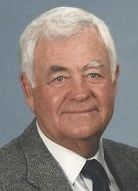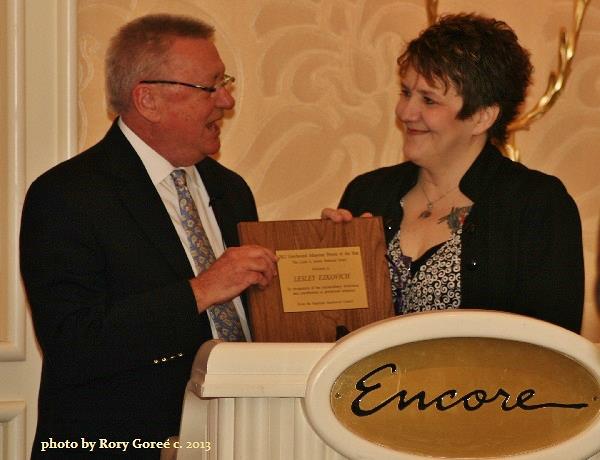HSUS AFFILIATE AMONG GROUPS ORDERED TO PAY FELD ATTORNEY FEES
The Fund for Animals, which merged with HSUS in 2005, was one of the plaintiffs in the 2006 case against Feld Entertainment. Although the HSUS itself was not a party to the lawsuit, the animal rights giant still could be held responsible for the costs under the terms of the merger agreement between HSUS and the Fund. The parties have been fighting over court costs since the animal rights case against Feld was dismissed by a federal judge in 2009 after evidence surfaced that the plaintiffs’ key witness had been paid for his testimony.
Humanewatch.org has reported that court documents suggest HSUS may have been involved in paying the witness. A request by Feld that HSUS be held liable for attorney fees was denied without prejudice, meaning that Feld is free to pursue recovery of costs from HSUS in a separate proceeding.
Feld reports that court costs and attorney fees in the case have exceeded $20 million. After reviewing documents to be submitted by April 15, the court will decide on the amount to be recovered by Feld.
The American Society for the Prevention of Cruelty to Animals (ASPCA), which also was a party to the lawsuit, is not included in the latest order for cost recovery because it agreed to pay Feld $9.3 million in a separate settlement last December.


